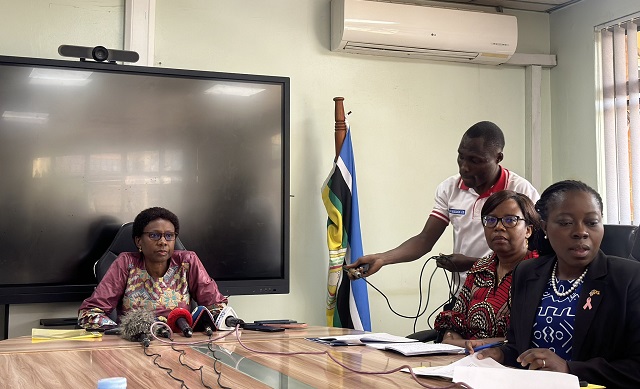
Kampala, Uganda | THE INDEPENDENT | Uganda has been offered 2,000 doses of the Mpox vaccine.
Currently, Uganda has reported 10 cases of Mpox from different parts of the country. The patients are receiving care at Entebbe, with four having recovered while six are still under monitoring.
Jane Ruth Aceng, the Minister of Health while speaking to journalists at the ministry headquarters on Friday, said that there are two vaccines under consideration for deployment: the MVA-BN from the USA, recommended for adults, and the LC16 from Japan, suitable for both adults and children.
She noted that both vaccines are currently undergoing emergency use licensing by the World Health Organization (WHO), and Uganda is still awaiting clearance from the National Drug Authority-NDA to consider their use in the country.
According to the minister, the 2,000 MVA-BN doses allocated to Uganda by the Africa CDC can only cover 1,000 individuals. However, the government is working with global partners to secure additional doses of Mpox vaccines.
She emphasized that the ministry is working on the most appropriate modalities for equitable delivery and distribution of the vaccines, informed by epidemiological data and the severity of the disease.
Dr. Christine Musanhu, the Acting WHO Representative stressed the need for community sensitization regarding Mpox to help identify cases early so they can be managed promptly.
Dr. Musanhu also encouraged countries to ensure that severe cases are admitted and managed appropriately to prevent secondary bacterial infections, which can be dangerous to patients. She also emphasized the need for more research on Mpox to provide evidence that can guide the response to the disease.
Among the countries affected by Mpox, only the Democratic Republic of Congo and Nigeria have received vaccines due to the high prevalence of cases. Dr. Musanhu stated that vaccines are in short supply and that WHO and other partners are working on access strategies to ensure that all affected countries can benefit.
*****
URN
 The Independent Uganda: You get the Truth we Pay the Price
The Independent Uganda: You get the Truth we Pay the Price





